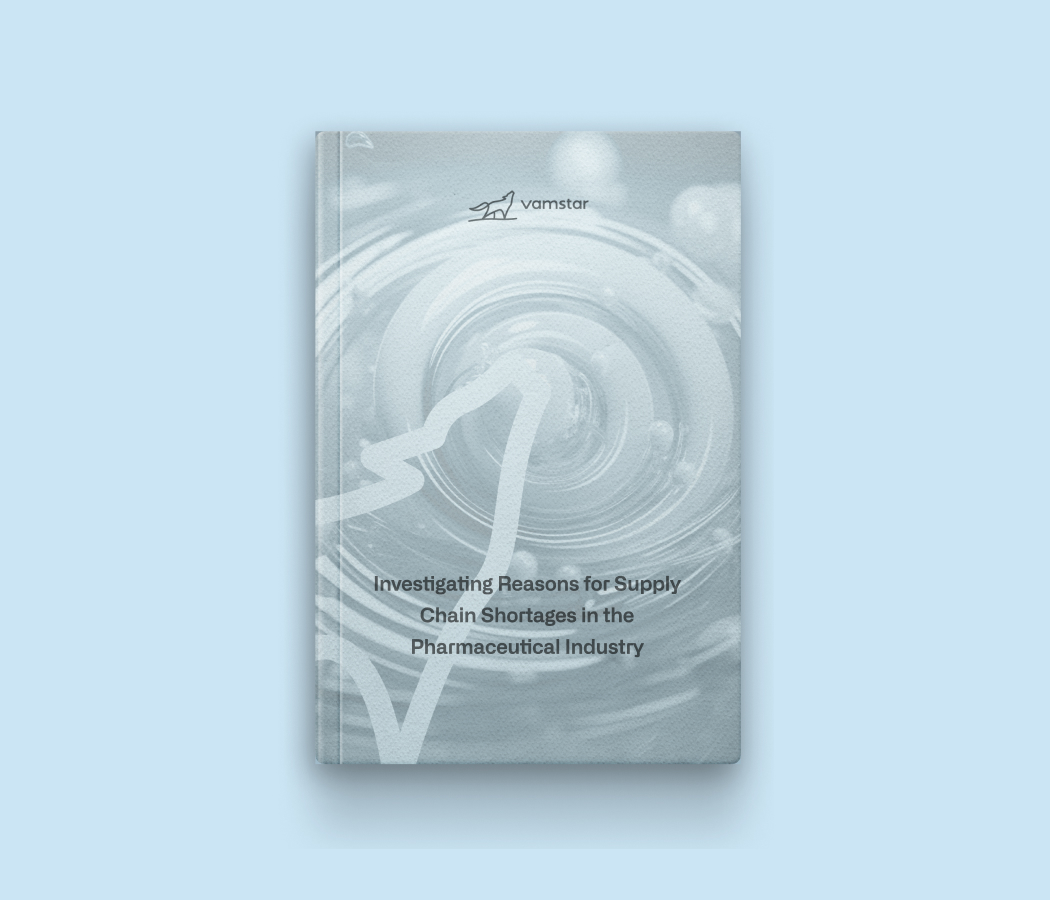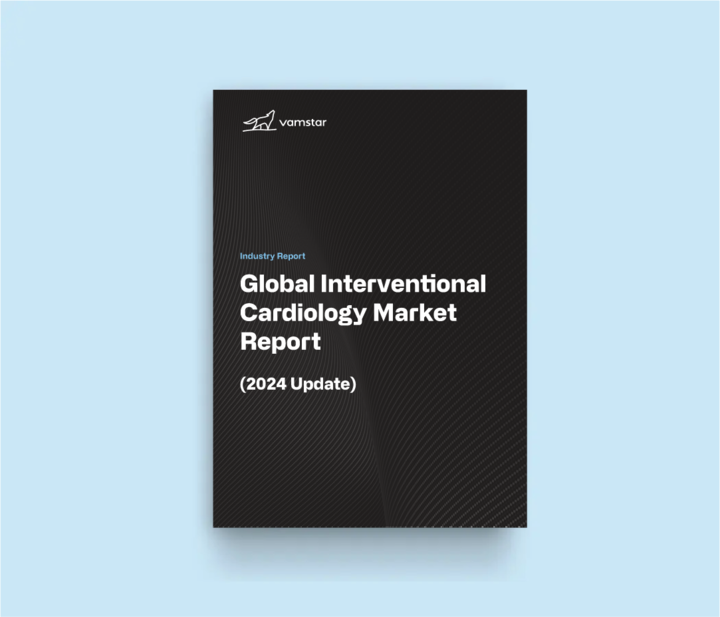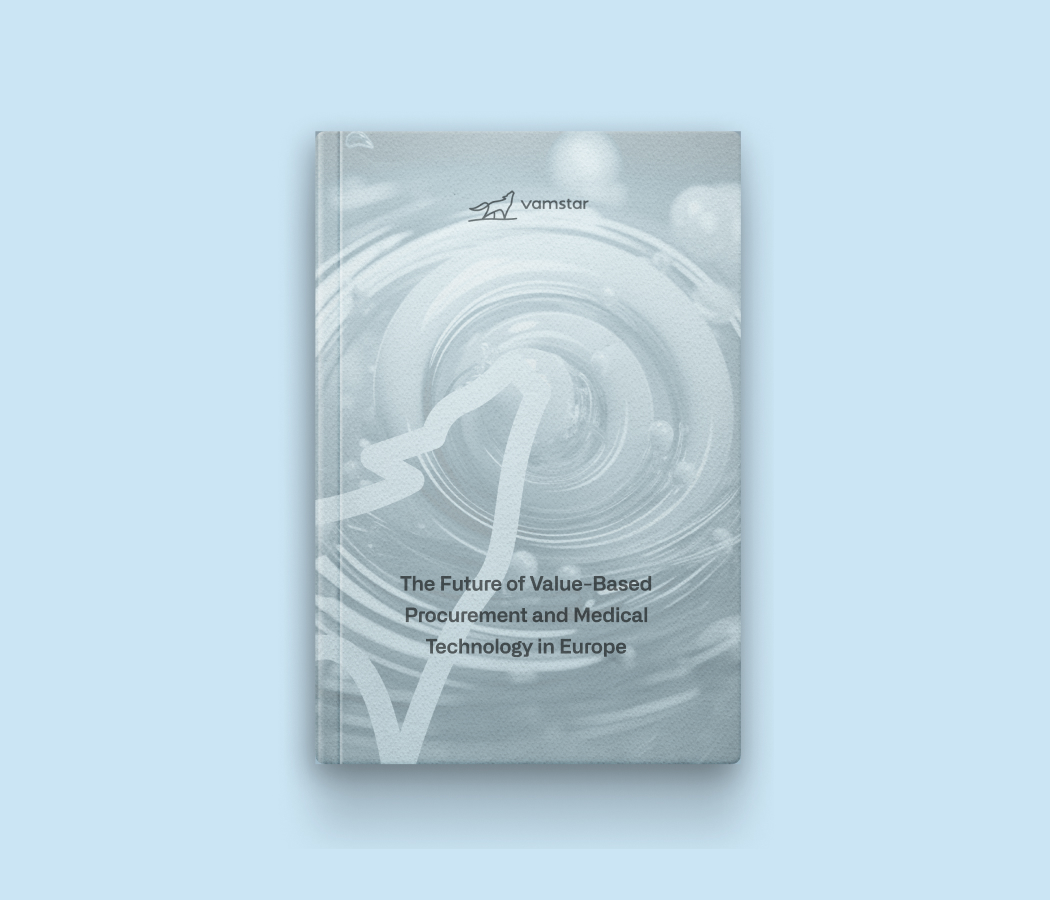10 minutes de lecture
Dernières recommandations pour l’achat de médicaments
Introduction
The European Federation of Pharmaceutical Industries and Associations (EFPIA) recently published a white paper on the main challenges in medicines supply in the EU and the UK. The white paper highlights the need for efficient and sustainable procurement practices that ensure patients receive high-quality medicines in the right quantities and at the right time.
Context of tendering practices
Tender procedures in the pharmaceutical sector play a crucial role in determining how medicines are purchased and distributed. However, these procedures have been marred by a number of issues that affect competition and limit access to essential medicines. A recent EFPIA investigation has highlighted seven anomalies in national tender practices in the EU and the UK that harm competition and potentially limit patients’ access to medicines.
Overview of the EFPIA white paper
The EFPIA White Paper , published on 10 February 2022, presents a sectoral contribution to the broader debate on the effectiveness of EU public procurement rules. It aims to improve not only formal public procurement procedures, but also informal tendering processes increasingly used outside the limits of Directive 2014/24/EU .
The ten recommendations
1. Transparency in procurement procedures: Advocates for clearer and more open procedures to improve fairness.
2. Balancing cost and quality: Proposes evaluating offers on the basis of price and quality.
3. Long-term agreements: Suggests longer contracts to ensure stable supply and predictability for manufacturers.
4. Risk mitigation strategies: Recommends measures to prevent drug shortages, including contingency plans.
5. Incentives for innovation: Encourages mechanisms to reward and promote the development of new treatments.
6. Sustainable pricing models: Calls for pricing that reflects the value of medicines while ensuring their accessibility.
7. Stakeholder engagement: Emphasizes the importance of involving all stakeholders in the procurement process.
8. Contract flexibility: Advises adapting contracts as new treatments emerge or needs change.
9. Streamlining of administrative processes: Recommends reducing bureaucracy in the procurement process.
10. Regular monitoring and review: Continuous evaluation of the effectiveness of procurement practices is strongly recommended.
Expanded information
The EFPIA recommendations focus on three distinct types of public procurement rules and practices. These are traditional EU public procurement rules, the 2014 Joint Procurement Agreement and informal tendering procedures. The recommendations aim to improve efficiency, enhance fair competition and address gaps revealed by market feedback obtained from a survey of tendering practices in 18 EU countries and the UK.
Impact on healthcare and industry
Implementing these recommendations could lead to more affordable prices for medicines, promoting accessibility and stimulating growth in the pharmaceutical sector. In addition, encouraging innovation could lead to the development of new and more effective treatments, which would significantly improve patient outcomes.
Conclusion
The EFPIA recommendations provide a roadmap for improving medicines procurement practices in the EU and UK, with the aim of improving access to quality medicines and fostering a more dynamic pharmaceutical sector. Despite the challenges of implementation, the potential benefits for healthcare delivery and industry growth are considerable.
In this context, platforms like Vamstar’s could play a crucial role. Vamstar, with its advanced digital procurement solutions, can support the adoption of these recommendations by providing a more efficient, transparent and data-driven approach to procurement. Its technology could facilitate better collaboration between stakeholders, streamline the procurement process and provide insight into market trends and supplier performance.
This is perfectly in line with EFPIA’s call for improved procedures and greater transparency in the tendering process. By leveraging these innovative platforms, stakeholders can collaborate more effectively to ensure a healthcare system that not only meets patients’ needs, but also aligns with the EU’s resilience and growth objectives.
Laissez-nous vous guider :
Améliorez dès aujourd’hui vos pratiques d’achat de médicaments.

S’inscrire pour en savoir plus
Améliorez dès aujourd’hui vos pratiques d’achat de médicaments.
Erreur : Formulaire de contact non trouvé !
Autres matériaux
Réservez une réunion de 30 minutes avec nous
Bienvenue sur notre page de programmation ! Veuillez choisir une date disponible ci-dessous pour commencer.
Réunion de 30 minutes
Nous vous enverrons le lien de la réunion par courriel


























